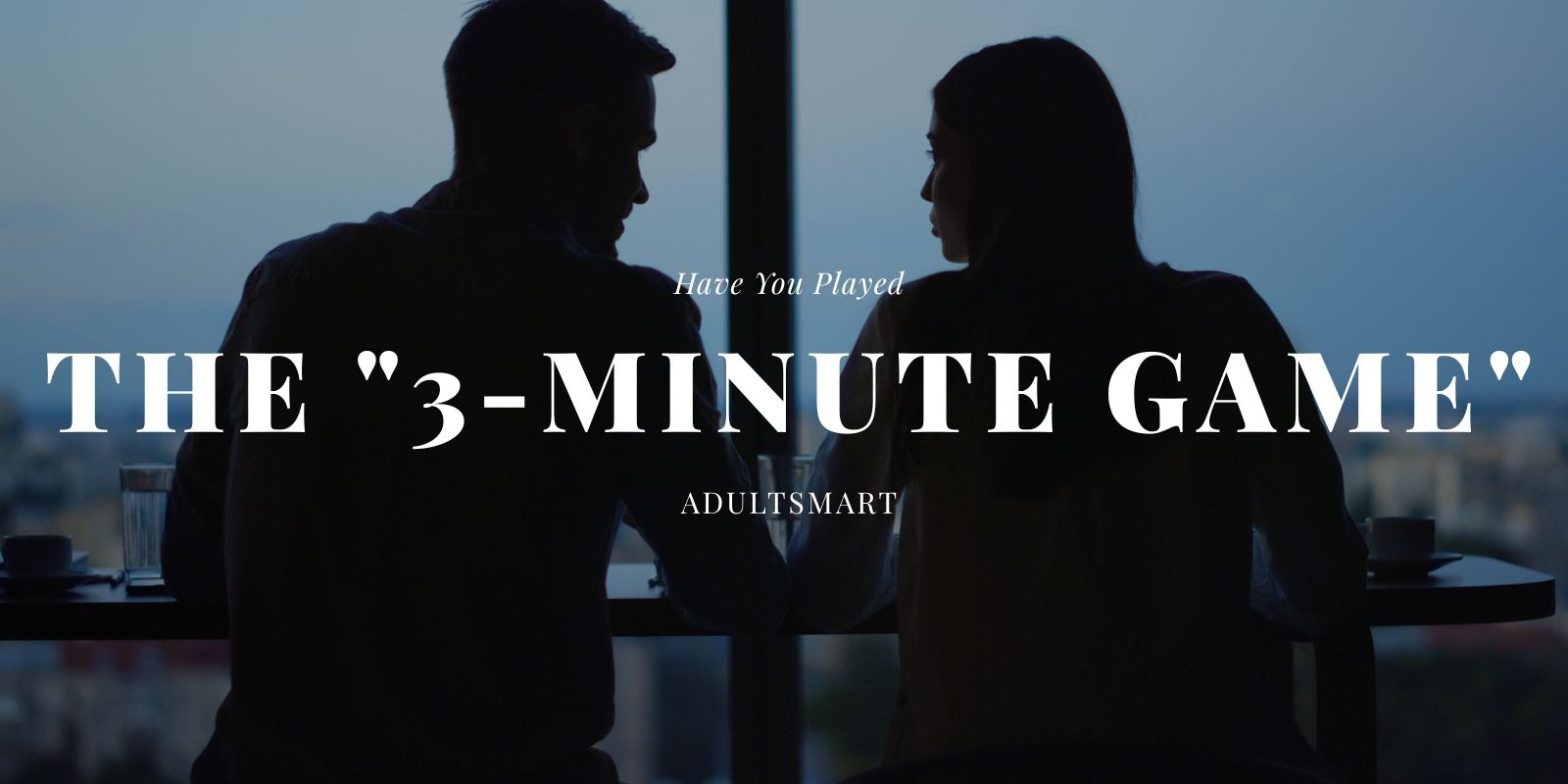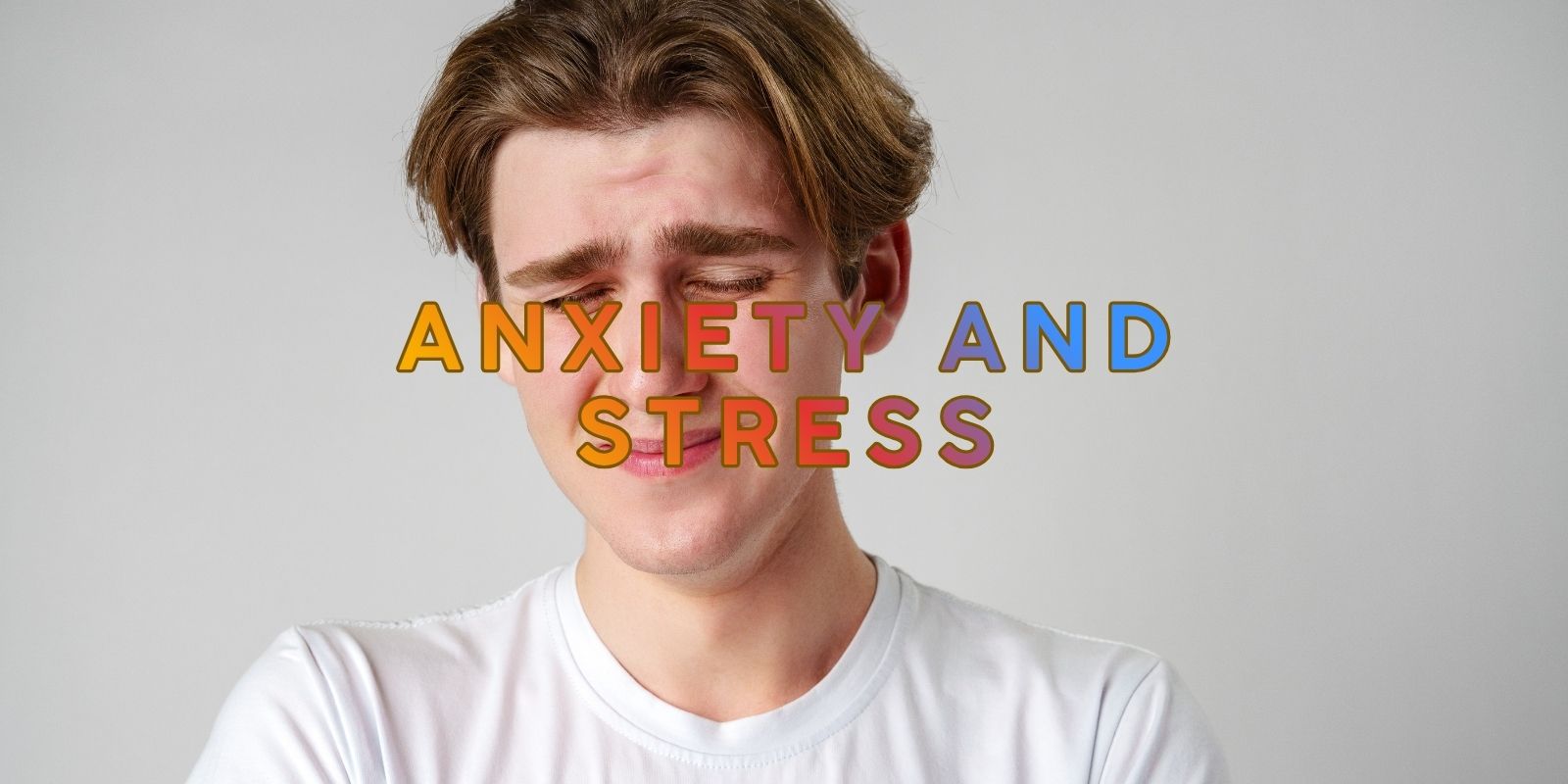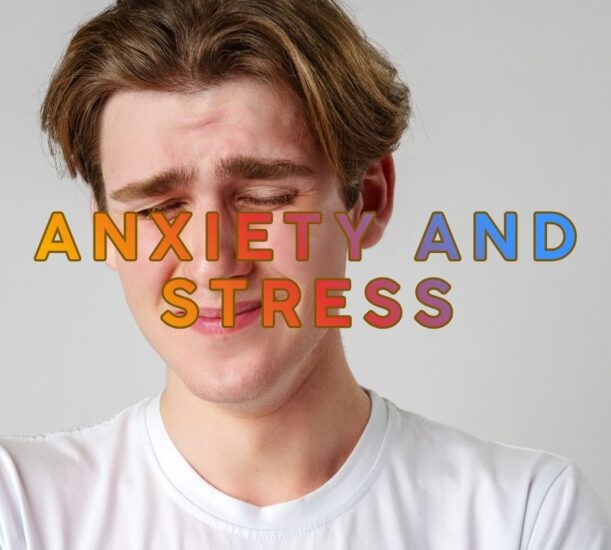Relief from Anxiety and Stress
Life asks a lot of us. Balancing work, family, finances and social expectations can leave a constant low-level tension that grows into anxiety, sleepless nights, and a creeping sense that you’re always behind. This article explains how hypnotherapy helps relieve anxiety and stress, what to expect from treatment, how to combine hypnosis with other supports, and practical steps you can use right away to begin feeling calmer and more capable.
Table of Contents – Anxiety And Stress
- What Anxiety and Stress Really Are
- How Anxiety Shows Up in Everyday Life
- How Hypnotherapy Helps with Anxiety and Stress
- What to Expect in a Hypnotherapy Program
- Evidence, Limits and When to Seek Medical Help
- Combining Hypnosis with Other Supports
- Practical Tools You Can Use Today
- Key Takeaways
- FAQ
- Breathe Easier — Your Next Step

What Anxiety and Stress Really Are
Anxiety and stress are natural responses to perceived threats and demands, wired into our nervous system to keep us safe. Stress is usually tied to specific pressures — deadlines, money problems, or family demands — while anxiety is a broader, anticipatory state that can persist even when immediate danger is absent. Understanding this distinction helps you choose the right strategies and know when professional support is needed; the American Psychological Association offers a clear explanation of the difference between stress and anxiety in their guide on stress vs anxiety.
Physiologically, both stress and anxiety trigger the fight-flight-freeze response: heart rate rises, breathing changes, muscles tense, and the mind narrows into threat-focused thinking. These biological responses are useful in short bursts but harmful when they recur constantly because they keep the body in a state of high alert, making restful sleep, creative thinking and steady mood much harder to sustain.
Psychologically, anxiety can become self-reinforcing. Worry increases bodily sensations, sensations feel threatening, and that fuels more worry. Breaking that loop requires interventions that work on both body and mind — calming the physiological arousal while changing the habitual thoughts and reactions that keep anxiety alive.
How Anxiety Shows Up in Everyday Life
Anxiety looks different from person to person. For some it is a persistent low hum of worry, for others it emerges as panic attacks, sleeplessness, gastrointestinal upset or a relentless internal pressure. It can make simple decisions feel overwhelming and cause avoidance of situations that used to be enjoyable.
Stress often shows up as exhaustion, irritability, difficulty concentrating, and reduced patience with loved ones. These symptoms can be mislabeled as laziness or moodiness when in fact they are the brain and body struggling under repeated demands. Recognizing these signs early helps you take practical steps before patterns get entrenched.
When anxiety and stress persist, they increase the risk of other problems — depressed mood, substance use to cope, or physical health decline. The Mayo Clinic offers a practical overview of anxiety symptoms and causes in their detailed guide on anxiety and its causes, which helps you recognize when a problem has moved beyond everyday worry.
How Hypnotherapy Helps with Anxiety and Stress
Hypnotherapy works by accessing the relaxed, suggestible state that sits between waking and sleep. In that state your mind is more capable of rehearsing new automatic responses and forming vivid, emotional associations that favor calm over fear. Suggestions are tailored to your triggers and practical coping needs, not generic platitudes, so the work translates directly into daily life.
A core benefit is the reduction of the emotional intensity of anxious sensations. Instead of a sudden surge of panic, many people learn to observe sensations with curiosity and let them pass without catastrophic thinking. This shifts the internal experience from alarm to manageable discomfort, which often reduces the frequency and severity of worry cycles.
Hypnosis is also effective as a training ground for habits: breathing patterns, grounding skills, and mental rehearsals introduced in trance become automatic faster than when practiced in a stressed state. Over time these new automatic responses replace the old stress-driven loops, resulting in more stable mood, better sleep and clearer thinking.
What to Expect in a Hypnotherapy Program
Initial sessions typically begin with a careful intake to understand your history, triggers, previous coping attempts, and current goals. This information guides personalized suggestions and ensures the therapist addresses the real-life situations where anxiety causes the most disruption. The process is collaborative; good therapists explain techniques and obtain consent for every element of the work.
The hypnotic component uses guided relaxation, breathwork and imagery to take you into a calm, focused state. While in trance you’ll be led through experiences that build confidence and practice new responses to stressors. You remain fully aware and in control, and suggestions are phrased positively to align with your values and goals.
Most clients are given recordings to practice daily, short reinforcement exercises, and behavioral homework to bridge the gap between the clinic and life. Depending on severity and history, a typical course might be four to eight sessions, but some people benefit from follow-ups or integration work alongside counselling or medical care.
Evidence, Limits and When to Seek Medical Help
Research shows hypnotherapy can be a helpful component in anxiety treatment for many people, particularly when part of a broader plan. Studies vary in design and quality, but reasonable clinical experience and controlled trials indicate benefits for panic symptoms, phobias, and generalized worry when hypnosis is combined with cognitive strategies and exposure-based work.
It’s important to recognize limits. Hypnosis is not a guaranteed cure and is less likely to be effective if severe medical or psychiatric conditions are present without concurrent medical management. If anxiety is leading to fainting, dissociation, self-harm thoughts, or severe functional impairment, immediate medical assessment is necessary and life-saving interventions may be required.
For people with coexisting issues — for example heavy substance use or complex trauma — hypnosis can be helpful but should be integrated with specialist care. This is why a joined-up plan with your GP or mental health team is often the safest and most effective route for lasting recovery.
Combining Hypnosis with Other Supports
Hypnotherapy is most effective when used alongside other evidence-based supports. Cognitive behavioral therapy (CBT) provides structured ways to identify and change the unhelpful thoughts that feed anxiety, while medication can stabilize biological withdrawal or severe symptoms to create breathing room for psychological work. Working together, these approaches treat both body and mind.
Lifestyle interventions — sleep hygiene, exercise, and nutrition — also strengthen outcomes. For people whose anxiety is intertwined with other behaviors, specialist programs can help. For example, if you’re working on stopping nicotine or alcohol that fuel anxiety, integrated services such as our Quit Smoking Hypnotherapy program or our Quit Alcohol support program can reduce triggers and support your broader mental health goals. Explore these pages for practical, personalised clinical pathways.
Performance-based pressures — in sport or high-stakes work — may require specialised mental skills training. Hypnosis dovetails well with sports psychology techniques to reduce performance anxiety and increase focus; our Sports Performance Hypnotherapy program demonstrates how mind-training supports physical achievement.
Practical Tools You Can Use Today
Grounding and breath techniques are simple and powerful. A practical breathing exercise: inhale slowly for four counts, hold for two, exhale for six. Repeat five times and notice the body soften. This pattern slows the heart rate and interrupts the fight-flight response so you can think more clearly and choose a helpful action instead of reacting automatically.
Behavioral experiments help test anxious predictions in small, safe steps. If you fear a conversation will go badly, rehearse it in short roleplays, then try a real, low-stakes version and compare outcome to your prediction. Over time these experiments weaken the catastrophic thinking that keeps anxiety alive and build confidence in your ability to manage uncertainty.
Use short, regular hypnosis or relaxation recordings to reinforce calm states. Practicing while relaxed makes automatic calm responses stronger. Daily short practices — five to ten minutes — are more effective than occasional long sessions and help the new responses show up when you need them most.
Key Takeaways
- Hypnotherapy reduces the emotional intensity of anxiety and helps form calmer automatic responses.
- Stress and anxiety are biological and psychological; effective treatment addresses both.
- Hypnosis works best as part of a joined-up plan that may include CBT, medication, and lifestyle changes.
- Practical tools — breathing, grounding, and behavioral experiments — produce quick, usable relief.
- Seek medical assessment if anxiety causes severe impairment, suicidal thoughts, or major physical symptoms.
FAQ – Anxiety And Stress
Will I lose control during hypnosis?
No. Hypnosis is a focused state of relaxation in which you remain fully aware and in control. You can accept or reject suggestions, and therapists never make you do anything against your will. The process is collaborative and consent-based throughout.
How many sessions will I need?
It depends on severity, history and goals. Many people notice meaningful changes after a few sessions, while others benefit from a short course of four to eight sessions plus recordings and follow-up. Your therapist will recommend a personalized plan during the intake.
Can hypnosis help panic attacks?
Yes. Hypnosis can reduce the intensity and frequency of panic by teaching rapid calming responses and reframing catastrophic interpretations of bodily sensations. For frequent or severe panic, combine hypnosis with exposure-based strategies and medical review for the best outcomes.
Is hypnotherapy safe with medication?
Generally yes. Hypnotherapy is non-invasive and can be used alongside most medications. If you are taking psychiatric medication or have a medical condition, tell your therapist so they can tailor the approach and liaise with your healthcare provider if needed.
What if my anxiety is linked to alcohol or smoking?
Substance use often worsens anxiety, and quitting can improve mental health. Integrated approaches that address both substance use and anxiety produce the strongest results. For tailored clinical support, consider specialist programs such as our Quit Smoking Hypnotherapy service and our Quit Alcohol program, which work alongside hypnotherapy to support long-term emotional stability.
Breathe Easier — Your Next Step
Relief from anxiety and stress is practical and achievable. Hypnotherapy offers a compassionate, skills-based route to quieter thinking, steadier emotions, and better sleep by rewiring automatic responses and reducing the intensity of anxious sensations. Paired with evidence-based therapies and sensible lifestyle changes, it becomes a powerful part of a long-term wellness plan.
If you’re ready to explore how hypnotherapy could fit into your recovery, start with a brief, no-obligation conversation to discuss your history, symptoms and goals. Together we’ll build a personalized plan that balances safety, effectiveness and daily-life practicality so you can reclaim calm and clarity.

